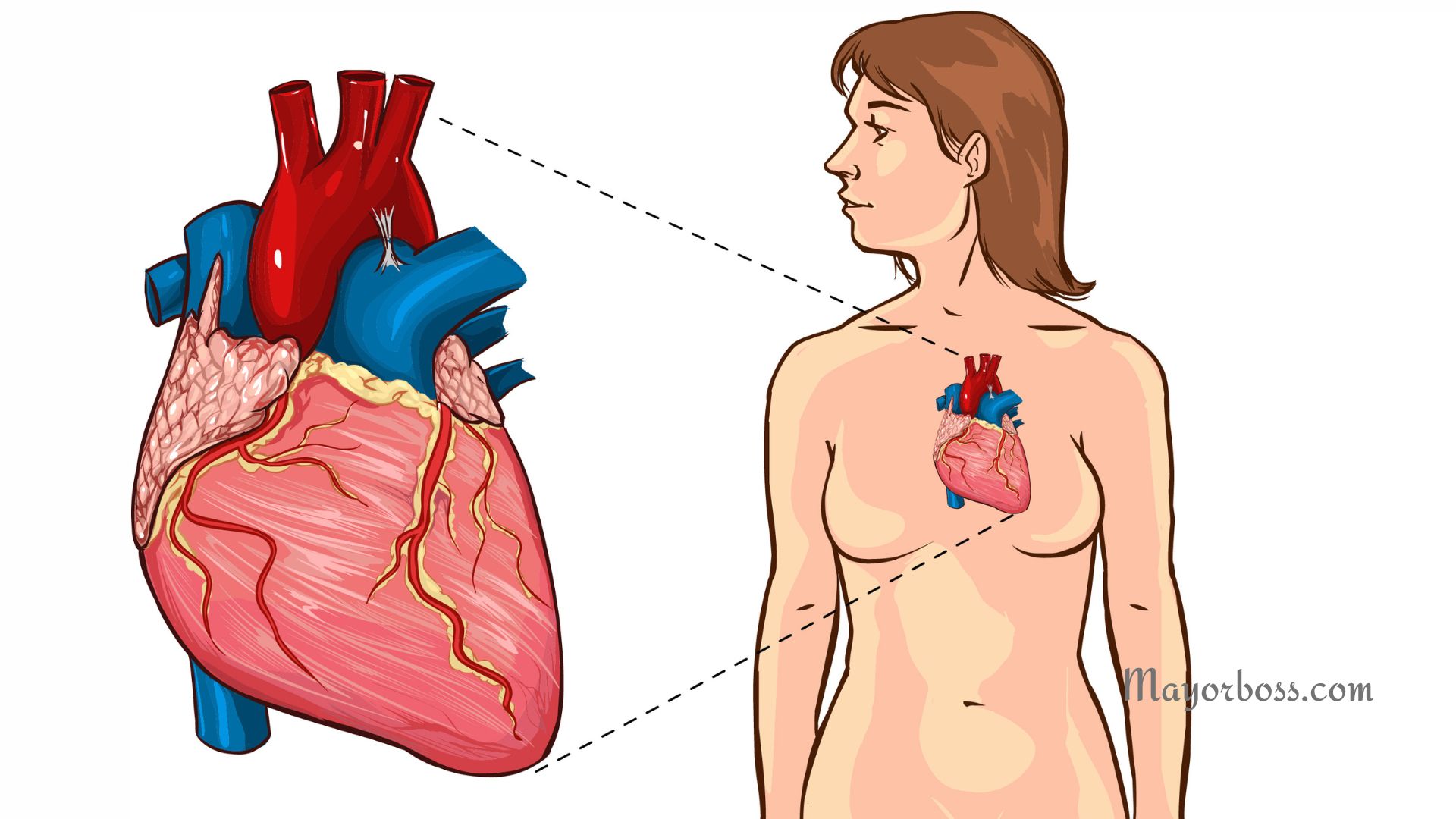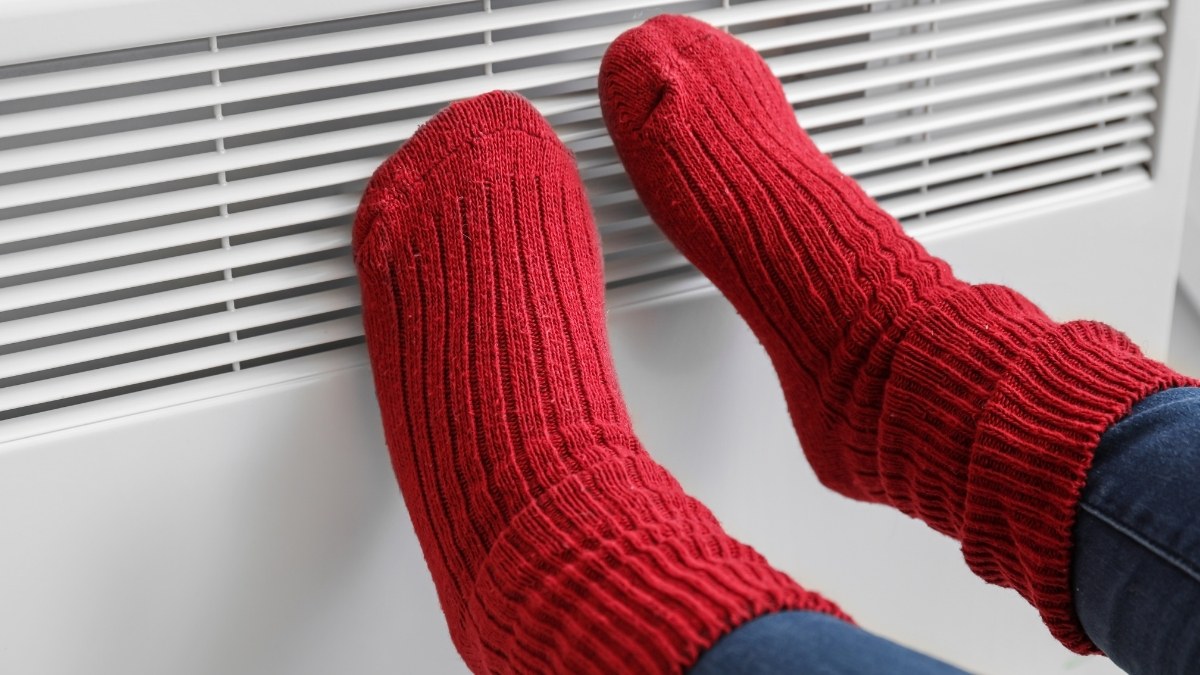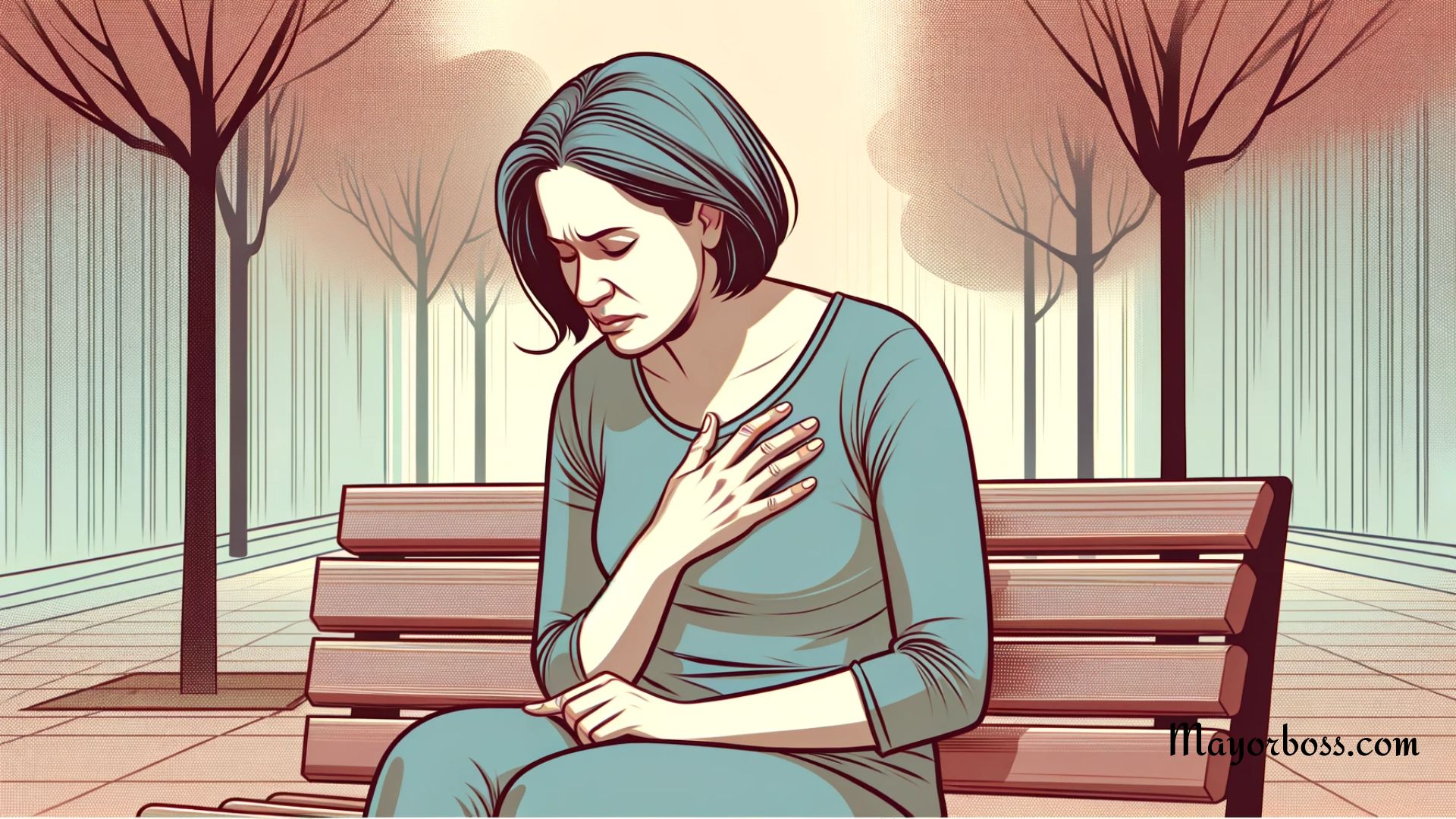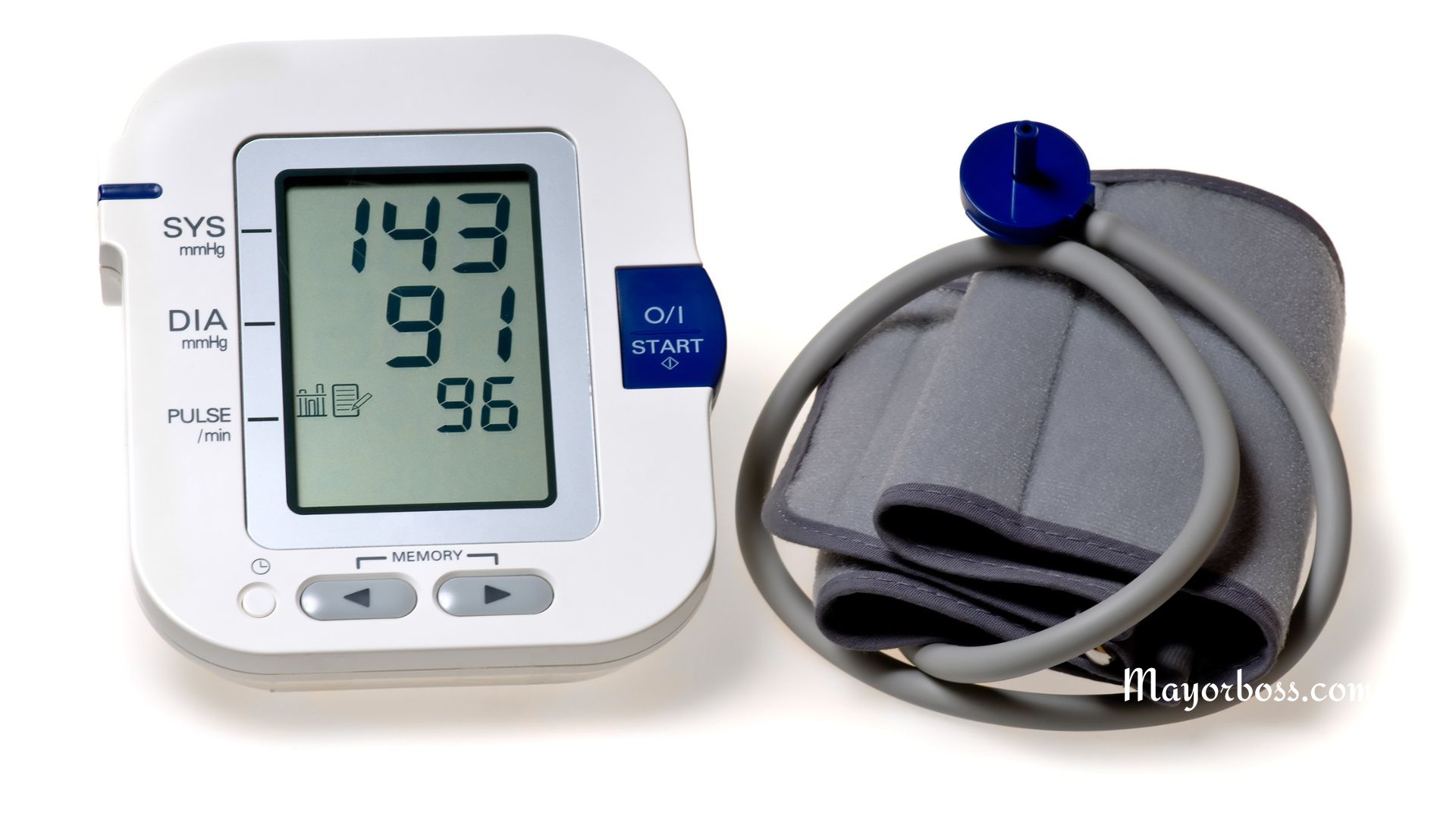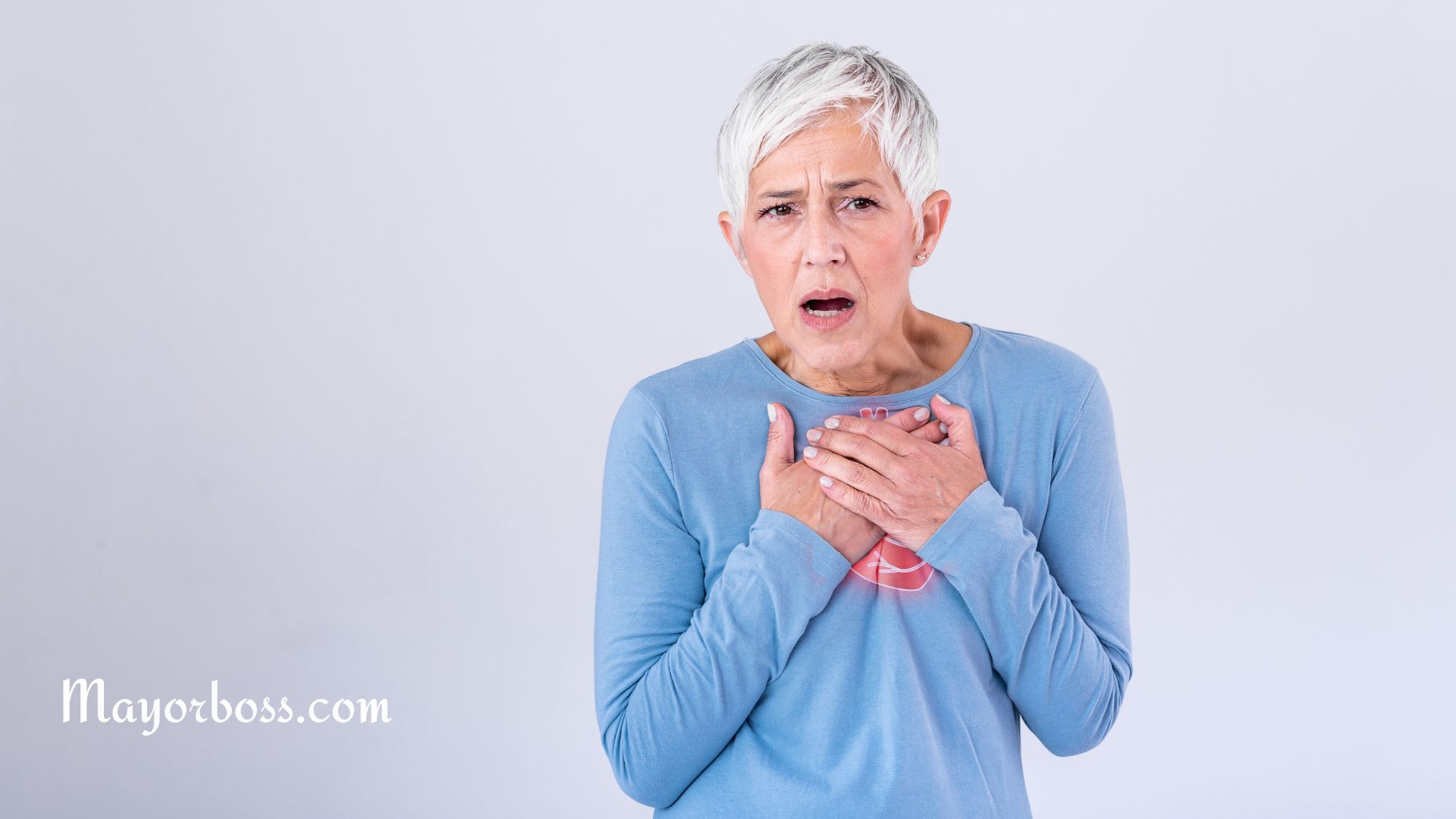Symptoms of High Blood Pressure
High blood pressure, or hypertension, is a common condition that affects many people around the world. Unfortunately, it’s often called the “silent killer” because it typically doesn’t present noticeable symptoms until it’s already caused serious damage. This makes it especially important to know what to watch out for, so you can take steps to protect your health. Scroll through below to learn symptoms that might indicate high blood pressure, even if you’re feeling perfectly fine.
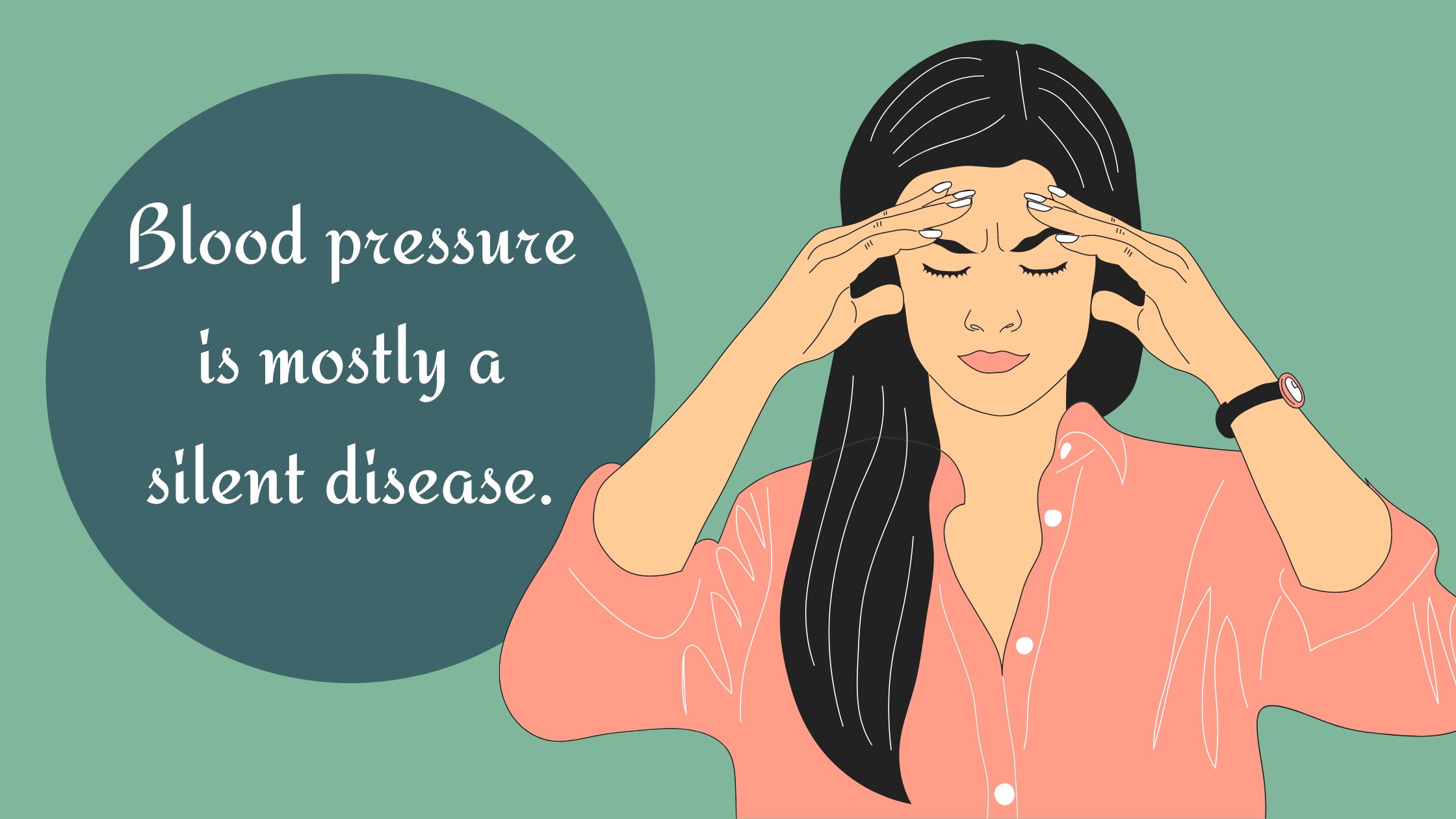
Many People With High Blood Pressure Don’t Experience Noticeable Symptoms
One of the most challenging aspects of high blood pressure is that it usually doesn’t come with obvious symptoms. You might be walking around with high blood pressure for years without even knowing it. That’s why doctors warn that regular check-ups are essential, especially as you get older or if you have risk factors like being overweight, smoking, or having a family history of hypertension.
Because there aren’t always clear signs, you might think you’re in the clear. But even when you feel fine, your heart and arteries could be under significant strain. And honestly, that’s why hypertension is such a serious health issue.
Severe Headaches Can Be A Sign That Your Blood Pressure Is Too High
If your blood pressure reaches a dangerously high level, you might start experiencing more obvious symptoms. Severe headaches are one of the most common warning signs. These headaches can feel different from a typical tension headache; they might be more intense or persistent.
Doctors have noted that these headaches are often accompanied by other symptoms, such as blurred vision or dizziness. This is because high blood pressure can affect the blood vessels in your brain, thus leading to a pounding headache that just won’t go away.
If you ever find yourself experiencing this kind of headache, it’s crucial to promptly contact your doctor. A trip to the doctor might be the difference between catching hypertension early and allowing it to cause long-term damage.
Dizziness Or Feeling Lightheaded Could Indicate High Blood Pressure
Dizziness or feeling lightheaded is another symptom that might point to high blood pressure. This sensation often happens because high blood pressure can affect the amount of blood flowing to your brain. While dizziness can be caused by many things, if you experience it frequently or it’s accompanied by other symptoms like headaches or blurred vision, it’s a sign that something may be wrong.
Doctors say that if you feel dizzy often, you should monitor your blood pressure to see if there’s a connection. If your blood pressure is elevated, it’s a clear signal that you need to consult your doctor.
Chest Pain Is A Red Flag That Shouldn’t Be Ignored
Chest pain is a more severe symptom of high blood pressure, and it’s one that you should never ignore. This pain can feel like a tightness, pressure, or sharp pain in your chest.
That said, chest pain can be caused by many things, so it’s not always a sure sign of high blood pressure. However, when combined with other symptoms like headaches, dizziness, or shortness of breath, it’s a serious red flag.
According to medical experts, if you experience chest pain along with other symptoms, it’s vital to seek medical attention immediately. This could be a sign of a hypertensive crisis, which is when your blood pressure is so high that it’s causing damage to your organs.
Shortness Of Breath May Mean Your Heart Is Struggling
Shortness of breath is another symptom that can indicate high blood pressure. This happens because your heart has to work harder to pump blood against the higher pressure in your arteries, which can eventually lead to heart failure if left untreated.
This symptom is often overlooked, especially if it comes on gradually. However, if you find yourself getting winded easily or feeling like you can’t catch your breath, it’s worth checking your blood pressure. In fact, shortness of breath can be a sign that your heart is struggling, and that’s something you definitely don’t want to ignore.
Nosebleeds Can Occur When Your Blood Pressure Is Extremely High
Another symptom that might surprise you is nosebleeds. While not everyone with high blood pressure will experience nosebleeds, they can occur when your blood pressure is extremely high. This is because the blood vessels in your nose are delicate and can rupture under the increased pressure.
Usually, nosebleeds from high blood pressure are more common in people with severe hypertension. Nevertheless, if you experience frequent nosebleeds, especially if they’re hard to stop, it’s worth checking your blood pressure. It could be a sign that something more serious is going on.
Blurred Vision Could Be A Sign Of Hypertensive Retinopathy
As mentioned earlier, blurred vision is another symptom of high blood pressure, and it can be quite alarming. This happens because high blood pressure can damage the tiny blood vessels in your eyes, leading to a condition called hypertensive retinopathy.
According to expert ophthalmologists, hypertensive retinopathy can cause the blood vessels in your eyes to leak, leading to vision problems. If left untreated, it can even cause permanent vision loss. So, if you notice any changes in your vision, it’s important to get your blood pressure checked and talk with your doctor about what might be causing it.
Fatigue Or Confusion Can Occur When Your Blood Pressure Is Too High
Fatigue or confusion can also be symptoms of high blood pressure, although they’re less common. When your blood pressure is too high, it can reduce the amount of oxygen-rich blood that gets to your brain, leading to feelings of fatigue or confusion.
Some researchers suggest that these symptoms are often overlooked because they can be so subtle. However, if you’re feeling unusually tired or having trouble concentrating, it’s a good idea to check your blood pressure.
After all, fatigue and confusion can be signs that your body is struggling to keep up with the demands of high blood pressure. And if that’s the case, it’s time to take action.
Why You Should Regularly Check Your Blood Pressure
As we noted earlier, high blood pressure often doesn’t come with clear symptoms, which is why it’s so dangerous. This is why doctors recommend regularly checking your blood pressure, especially if you have risk factors like age, family history, or lifestyle factors like diet and exercise.
By keeping an eye on your blood pressure, you can catch potential problems early and take measures to manage your health. This might include lifestyle changes like eating a healthier diet, exercising more, or taking medication prescribed by your doctor.

